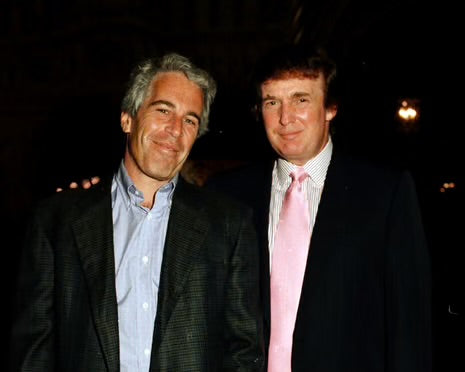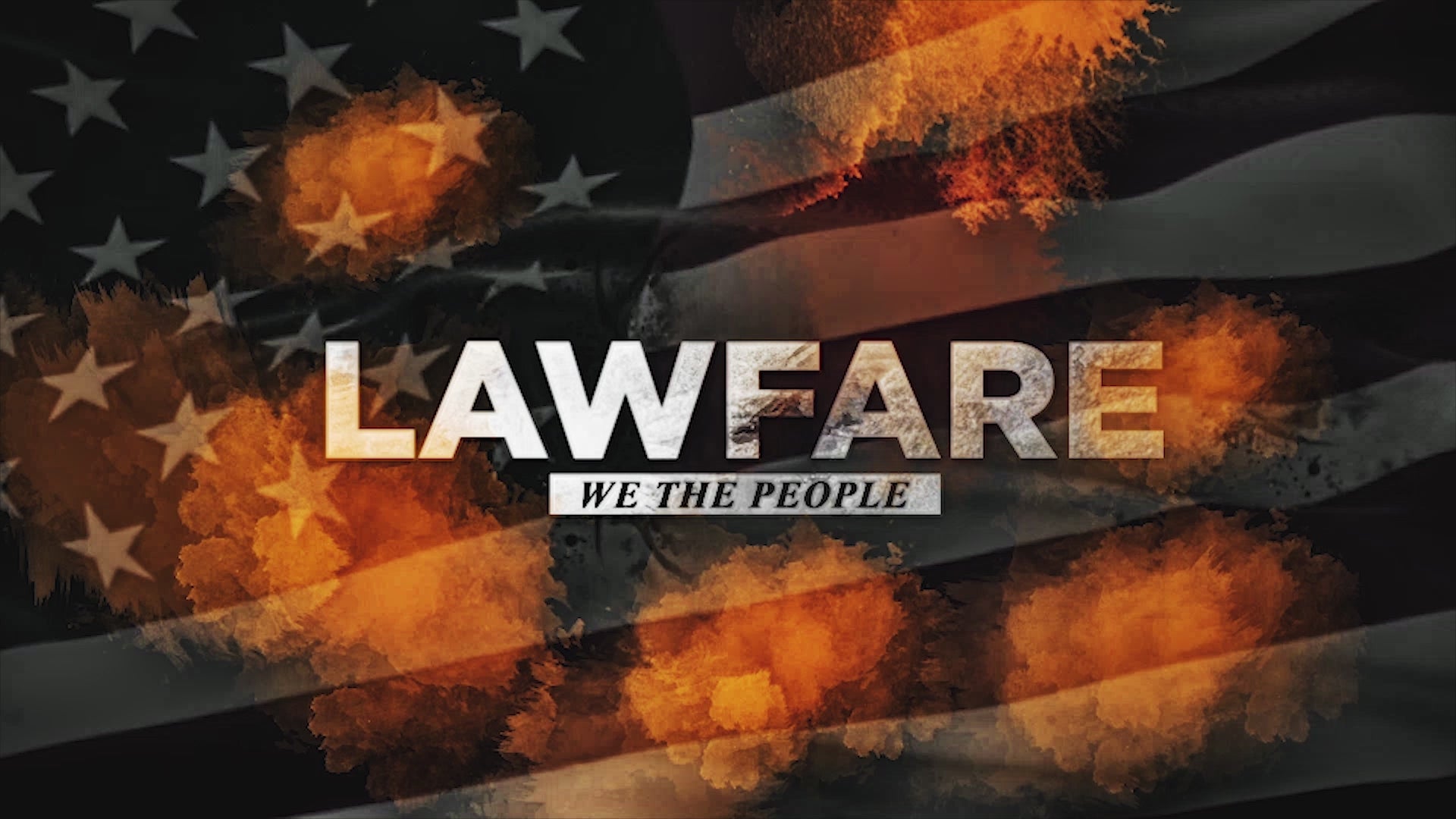In a stunning turnaround that caught even his closest allies off guard, President Donald Trump announced on November 16, 2025, that he now backs the full release of Justice Department files related to Jeffrey Epstein, the late convicted sex offender whose network of powerful associates has fueled years of speculation and conspiracy theories.
Just days earlier, Trump had fiercely opposed congressional efforts to force disclosure, labeling the push a “Democratic hoax” and personally attacking supporters like Rep. Marjorie Taylor Greene. By November 18—the current date—the House overwhelmingly passed the Epstein Files Transparency Act 427-1, followed swiftly by unanimous Senate approval via consent, sending the bill to Trump’s desk for signature. He has pledged to sign it.
This bipartisan landslide—driven by a rare coalition including Republicans like Thomas Massie (who had predicted strong GOP support in the Senate—marks a victory for transparency advocates. But Trump’s abrupt flip raises sharp questions: Why the sudden change after months of resistance? Will the public truly get unredacted “real files”? And when the dust settles, will anyone face prosecution, or is this merely a controlled drip to placate an increasingly skeptical public?
The Reversal: From Blockade to Backing
For much of 2025, Trump and his administration stonewalled demands for more Epstein documents. Despite campaign promises to expose the truth, the Justice Department under Attorney General Pam Bondi released only partial tranches—often already-public materials—while insisting no explosive “client list” existed. White House pressure kept the issue off the House floor, even as a discharge petition gathered steam.
That changed overnight. Sources close to the president told reporters that Trump recognized the vote was “inevitable”—polling showed 77% of Americans wanted full release, and up to 100 House Republicans were prepared to defy him. Facing a humiliating defeat that could fracture his MAGA base further, Trump posted on Truth Social: “House Republicans should vote to release the Epstein files, because we have nothing to hide.” He repeated the stance in the Oval Office, insisting he had “nothing to do with Jeffrey Epstein” despite their well-documented past social ties in the 1990s and 2000s.
Critics see calculation over conviction. Trump was present at many of the elite gatherings where Epstein operated, including parties at Mar-a-Lago. Flight logs and witness accounts place him in the vicinity of Epstein’s world, even if no evidence has emerged of illegal conduct on his part. The stigma is undeniable: Epstein’s operation involved much younger women—often teens—with older, powerful men, a dynamic society now views as predatory, regardless of consent or legality at the time.
From an evolutionary perspective, age-gap pairings have historical precedents in human mating strategies for resource security and fertility, but modern norms condemn exploitation. Trump, ever image-conscious, likely realized blocking the files made him look complicit or fearful, eroding his “drain the swamp” credibility. Better to embrace release on his terms than suffer a public rebuke.
Will the “Real” Files See Daylight?
The bill mandates the DOJ to publish all unclassified Epstein-related records within 30 days of enactment, including flight logs, communications, and investigative materials on Epstein and Ghislaine Maxwell. Exceptions allow withholding victim information or anything jeopardizing “active investigations.”
Here’s the catch: the executive agencies like the DOJ, FBI, and intelligence community control classification and redactions. Trump could direct full disclosure unilaterally—he doesn’t need Congress—but hasn’t. Ongoing probes (including Trump’s own recent call for investigating Epstein’s “Democrat friends”) provide cover for delays or omissions. National security letters, grand jury secrecy, and sources-and-procedures could shield sensitive intelligence tied to foreign dignitaries or blackmail operations. Even congressional overseers admit they may never know if key pages are missing. History suggests heavy redactions: past Epstein releases blacked out names and details, turning bombshells into duds.
Prosecutions or Pacification?
The Awakened Public?
The biggest unknown is accountability. Epstein’s 2019 death—ruled suicide but rife with irregularities—left dozens of alleged co-conspirators uncharged. Released files to date name prominent figures across politics, business, and Hollywood, but no new indictments followed earlier disclosures.
If explosive evidence emerges implicating untouchables, will Trump’s DOJ pursue it? Skeptics doubt it. The president has framed this as exposing opponents while downplaying his circle’s involvement. Partial release could satisfy the “awakened” online communities demanding truth, letting them claim “at least we got something,” without upending the elite ecosystem both parties inhabit. As one Epstein survivor tearfully noted during Capitol Hill testimony, “This isn’t about politics—it’s about justice.” Yet politics may ensure crumbs, not the full loaf.
Trump’s support for release is a pragmatic surrender, not a principled stand. The bill’s passage shows his grip on the GOP isn’t ironclad when public outrage peaks. Americans may soon see more files than ever—but whether they reveal the full, unvarnished truth, or a carefully curated version, remains the real test of this moment.










Share:
The Jasleen Singh Scandal: How Akaash Singh’s “Virgin Wife” Narrative Collapsed in a Viral Firestorm
Kash Patel’s Legal Shield: Defending His Girlfriend Against Mossad Conspiracy Flames